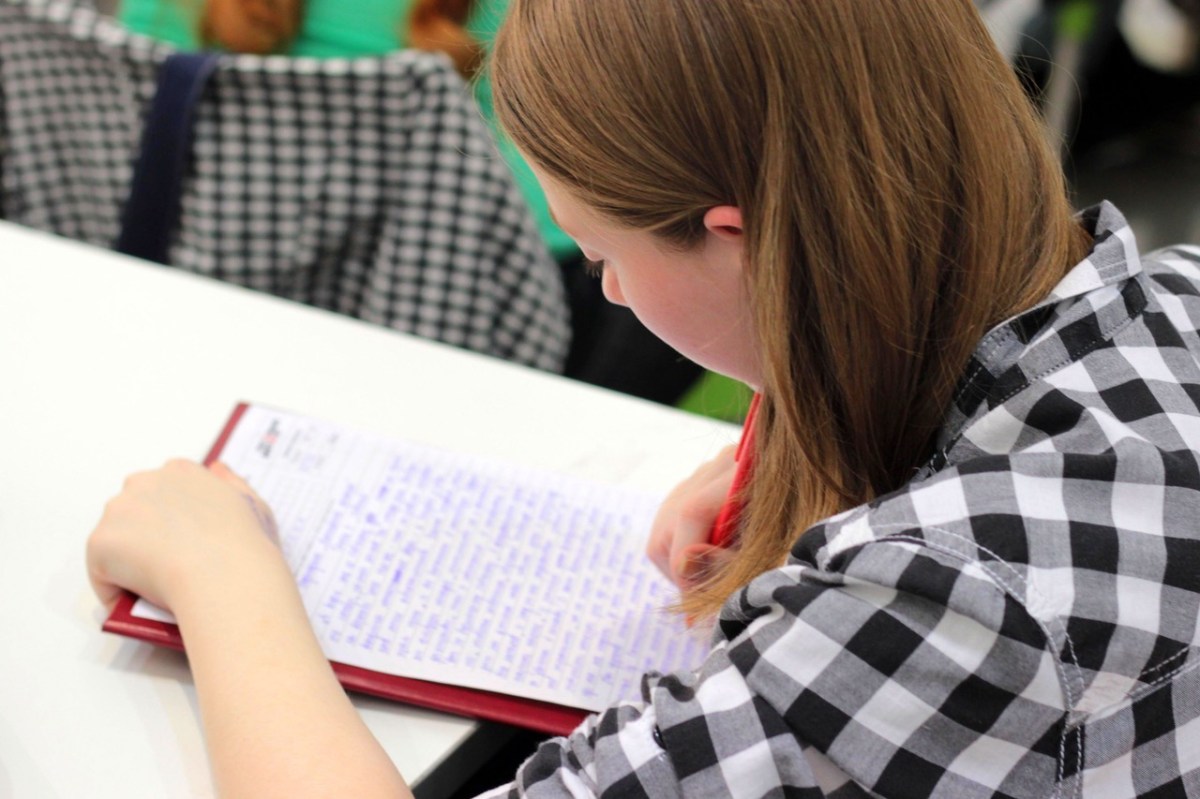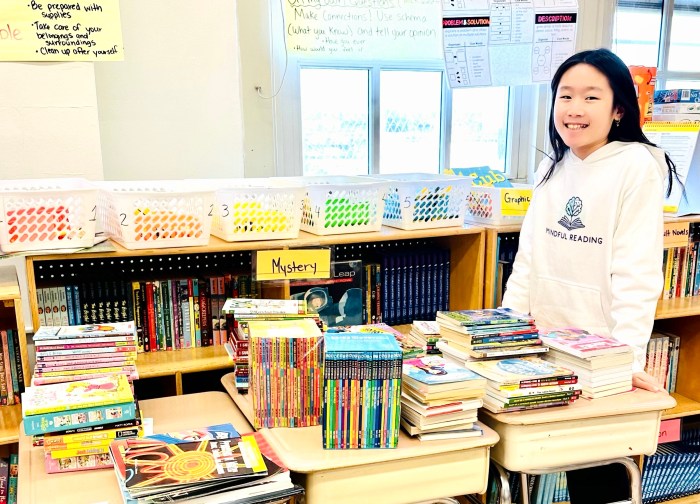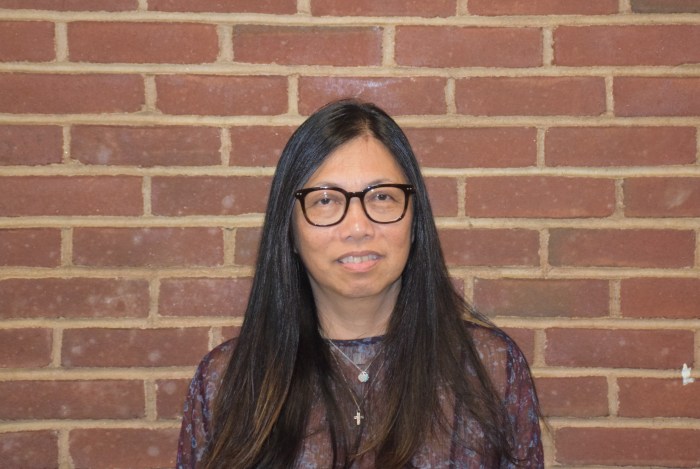Long Island high school students are invited to enter an essay contest that aims to combat bullying against people with autism and developmental disabilities.
Students in grades 9 to 12 enrolled in public or private schools in Nassau or Suffolk counties as well as Queens are eligible to compete for the $4,000 first-place prize, $3,000 second-place award or $2,000 third-place winner.
“I hope that this essay question will motivate more critical thinking, constructive ideas, and perhaps, solutions,” said Peter Klein, president of The Claire Friedlander Family Foundation, which is organizing the contest in association with the nonprofit Life’s WORC/Family Center For Autism.
The foundation Klein leads was created by the late Claire Friedlander, a Holocaust victim who immigrated from Nazi Germany to the U.S. Life’s WORC was founded by Victoria Schneps-Yunis, co-owner of the Long Island Press, which is also co-sponsoring the contest.
The question that the essay contest poses is: How can I lead my school and community to become a bully-free place for individuals with autism and developmental disabilities?
The essays must be 400-500 words, submitted by the U.S. Postal Service, Fed Ex, or United Parcel Service postmarked by no later than May 10, 2019. Contact Tina Moreno at 516-741-9000 or Danny Frank at 212-279-1041 for details. Awards will be made at a presentation event at The Family Center For Autism by no later than June 1.
Besides Klein, judges for this contest include Northville Industries Corp. CEO Dr. Gene Bernstein, Life’s WORC Executive Director Janet Koch and Kelly Mcmasters, Asst. Professor of English and Publishing Studies Director at Hofstra University.
“Sadly, there is a crisis with acts of bullying and thoughtless, irresponsible conduct which targets people with developmental disabilities and autism,” Klein added. “How can schools and communities help to bring about new social improvements and an end to this form of prejudice and intolerance?”
To read past winning essays, click here.



































